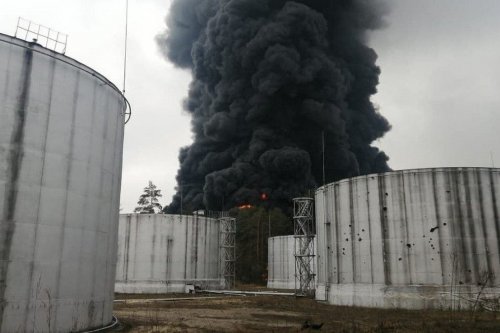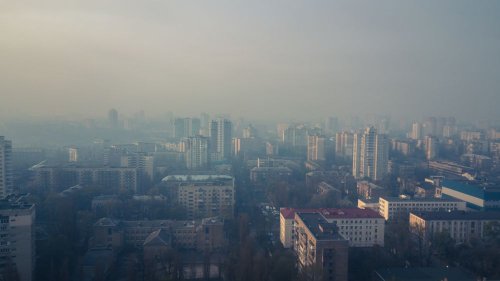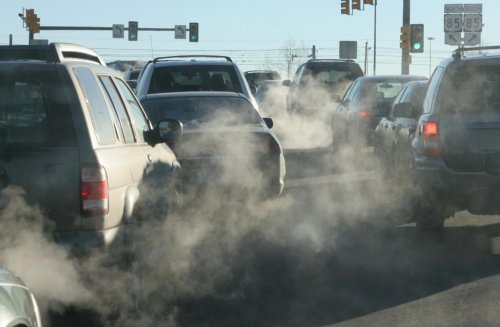Chinese scientists discovered microplastics in clouds and suggested that they may contribute to their formation and influence the weather.
More microplastics were found in clouds with more water, says a study in the journal Environmental Science & Technology Letters.
"Airborne microplastics have the potential to travel long distances and are subject to several cloud processes through atmospheric transport," the study said.
Scientists took samples from cloud water on the Tai Mountains at an altitude of 1,545 m above sea level in eastern China.
They found that the particle size ranged from 8-1542 microns, with 60% being smaller than 100 microns. Most of the particles were made of various polymers and had a dark color.
It is noted that the surface of the particles was rough, indicating photochemical aging. This probably contributed to their ability to accumulate toxic metals, including lead and mercury, on their surface.
Earlier, EcoPolitic wrote, that scientists found microplastics at an altitude of almost 3 km in the air of a "clean station" in the French Pyrenees, an area with limited climate and environmental impact.
As EcoPolitic previously reported, scientists from Rice University in the United States have found that microplastics contribute to the emergence of antibiotic-resistant bacteria.





